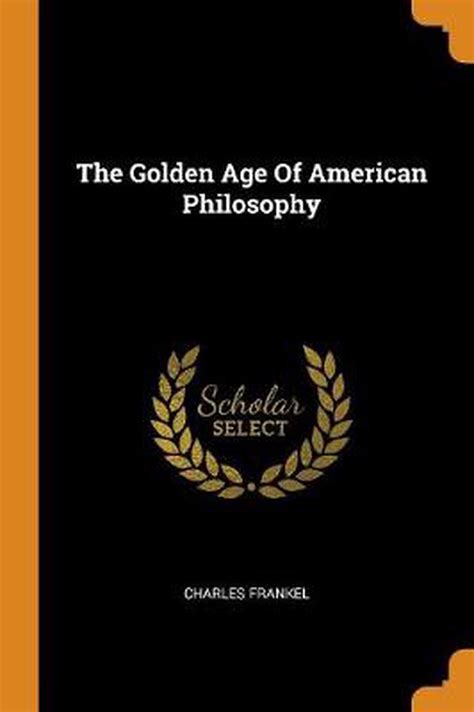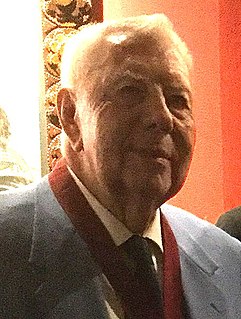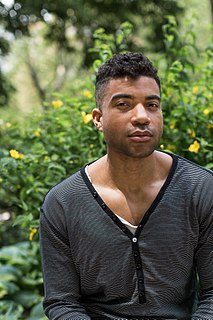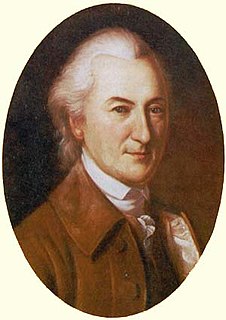A Quote by Johan Huizinga
What the study of history and artistic creation have in common is a mode of forming images.
Quote Topics
Related Quotes
The base of all artistic genius is the power of conceiving humanity in a new, striking, rejoicing way, of putting a happy world ofits own creation in place of the meaner world of common days, of generating around itself an atmosphere with a novel power of refraction, selecting, transforming, recombining the images it transmits, according to the choice of the imaginative intellect. In exercising this power, painting and poetry have a choice of subject almost unlimited.
Another form of prayer, called cataphatic, honors and reverences images and feelings and goes through them to God. This form of prayer also has an ancient and well-attested history in the world of religions. Any sort of prayer that highlights the mediation of creation can be called cataphatic. So, praying before icons or images of saints; the mediation of sacraments and sacramentals; prayer out in creation - all these are cataphatic forms of prayer
What I believe is that people have many modes in which they can be. When we live in cities, the one we are in most of the time is the alert mode. The 'take control of things' mode, the 'be careful, watch out' mode, the 'speed' mode - the 'Red Bull' mode, actually. There's nothing wrong with it. It's all part of what we are.
The history of science and culture is filled with stories of how many of the greatest scientific and artistic discoveries occurred while the creator was not thinking about what he was working on, not consciously anyway - the daydreaming mode solved the problem for him, and the answer appeared suddenly as a stroke of insight.
I have to throw in on a personal note that I didn't like history when I was in high school. I didn't study history when I was in college, none at all, and only started to do graduate study when my children were going to graduate school. What first intrigued me was this desire to understand my family and put it in the context of American history. That makes history so appealing and so central to what I am trying to do.
Making photographs that dealt with the understanding of who I am as a gay man and dealt with the process of accepting that, and also accepting what I'm into sexually, what sexually arouses me. So I was making these images not necessarily knowing what they were about, but just putting it out there - that mode of thinking or consideration of my own desires, and also the much larger conversation around images that deal with ideas of sexuality and how those images are distributed and then accepted or understood by whoever is viewing those images.
As in forming a political society, each individual contributes some of his rights, in order that he may, from a common stock of rights, derive greater benefits, than he could from merely his own; so, in forming a confederation, each political society should contribute such a share of their rights, as will, from a common stock of these rights, produce the largest quantity of benefits for them.








































